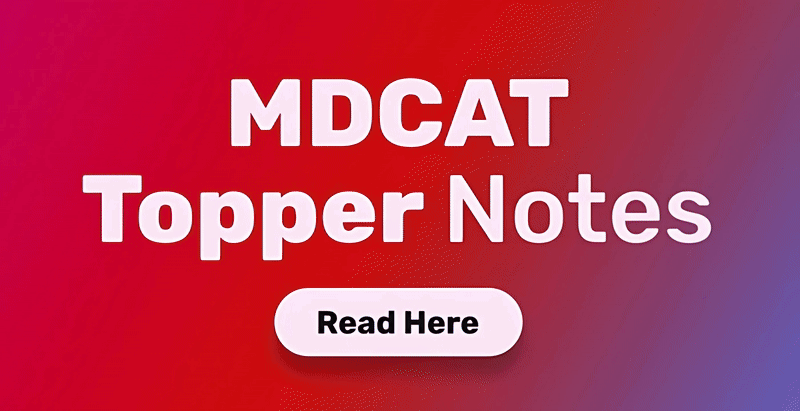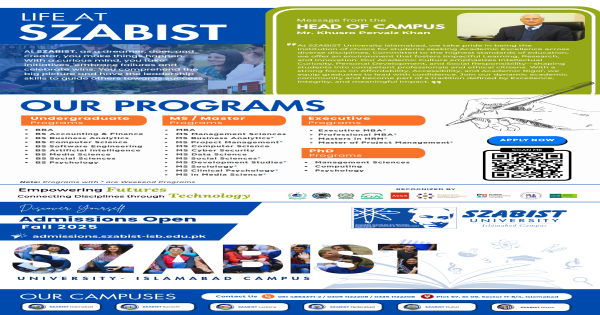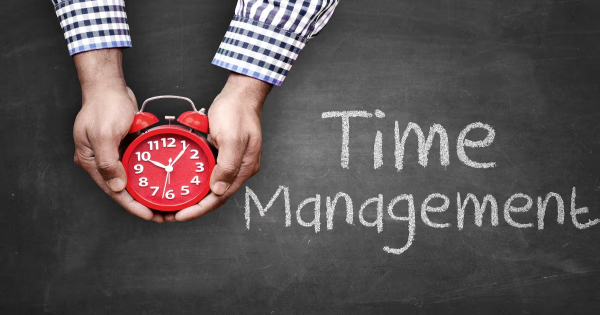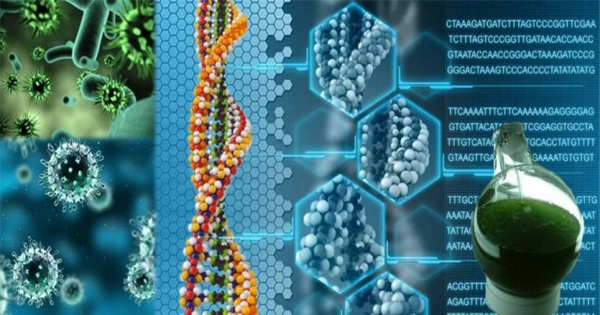Decision making in simple terms is an individual human activity focused on particular matters (e.g., buying a car) which largely independent of others kinds of choice (e.g., buying a house, selecting a meal from a menu). In more formal terms, decision making can be regarded as an outcome of mental processes (cognitive process) leading to the selection of a course of action among several alternatives. Every decision making process produces a final choice. The output can be an action or an opinion.
Human performance in decision making terms has been subject of active research from several perspectives. From a psychological perspective, it is necessary to examine individual decisions in the context of a set of needs and desired results an individual has. From a cognitive perspective, the decision making process must be regarded as a continuous process integrated in the interaction with the environment.
Yet, at another level, it might be regarded as a problem solving activity which is terminated when a solution is found. Therefore, decision making is a reasoning process which can be rational or irrational, can be based on explicit assumptions or tacit assumptions.
Decision making is said to be a psychological construct. This means that although we can never "see" a decision, we can infer from observable behavior that a decision has been made. Therefore, we conclude that a psychological event that we call "decision making" has occurred. It is a construction that imputes commitment to action. That is, based on observable actions, we assume that people have made a commitment to affect the action.
There are many decision making levels having a participation element. A common example is that of institutions making decisions that affect those for whom they provide. In such cases an understanding of what participation level is involved becomes crucial to understand the process and power structures dynamics.
When organizations/institutions make decisions it is important to find the balance between the parameters of control mechanisms and the ethical principles which ensure 'best' outcome for individuals and communities impacted on by the decision. Controls may be set by elements such as Legislation, historical precedents, available resources, Standards, policies, procedures and practices. Ethical elements may include equity, fairness, transparency, social justice, choice, least restrictive alternative, and empowerment.
Decision making in one's personal life
Some of the decision making techniques that we use in everyday life include:
- listing the advantages and disadvantages of each option
- flipping a coin, cutting a deck of playing cards, and other random or coincidence methods
- accepting the first option that seems like it might achieve the desired result
- prayer, tarot cards, astrology, augurs, revelation, or other forms of divination
- acquiesce to a person in authority or an "expert"
- Calculating the expected value or utility for each option. For example, a person is considering two jobs. At the first job option the person has a 60% chance of getting a 30% percent raise in the first year. And at the second job option the person has an 80% chance of getting a 10% raise in the first year. The decision maker would calculate the expected value of each option, calculating the probability multiplied by the increase of value. (0.60*0.30=0.18 [option a] 0.80*0.10=0.08 [option b]) The person deciding on the job would choose the option with the highest expected value, in this example option number one.
An alternative may be to apply one of the processes described below, in particular in the Business and Management section.
Decision making in healthcare
In the health care field, the steps of making a decision may be remembered with the mnemonic BRAND, which includes
- Benefits of the action
- Risks in the action
- Alternatives to the prospective action
- Nothing: that is, doing nothing at all
- Decision
Decision making in business and management
In general, business and management systems should be set up to allow decision making at the lowest possible level.
Several decision making models or practices for business include:
- SWOT Analysis - Evaluation by the decision making individual or organization of Strengths, Weaknesses, Opportunities and Threats with respect to desired end state or objective.
- Analytic Hierarchy Process - procedure for multi-level goal hierarchy
- Buyer decision processes - transaction before, during, and after a purchase
- Complex systems - common behavioral and structural features that can be modeled
- Corporate finance:
- The investment decision
- The financing decision
- The dividend decision
- working capital management decisions
- Cost-benefit analysis - process of weighing the total expected costs vs. the total expected benefits
- Control-Ethics, a decision making framework that balances the tensions of accountability and 'best' outcome.
- Decision trees
- Decision analysis - the discipline devoted to prescriptive modeling for decision making under conditions of uncertainty.
- Program Evaluation and Review Technique (PERT)
- critical path analysis
- critical chain analysis
- Force field analysis - analyzing forces that either drive or hinder movement toward a goal
- Game theory - the branch of mathematics that models decision strategies for rational agents under conditions of competition, conflict and cooperation.
- Grid Analysis - analysis done by comparing the weighted averages of ranked criteria to options. A way of comparing both objective and subjective data.
- Hope and fear (or colloquially greed and fear) as emotions that motivate business and financial players, and often bear a higher weight that the rational analysis of fundamentals, as discovered by neuroeconomics research
- Linear programming - optimization problems in which the objective function and the constraints are all linear
- Min-max criterion
- Model (economics)- theoretical construct of economic processes of variables and their relationships
- Monte Carlo method - class of computational algorithms for simulating systems
- Morphological analysis - all possible solutions to a multi-dimensional problem complex
- optimization
- constrained optimization
- Paired Comparison Analysis - paired choice analysis
- Pareto Analysis - selection of a limited of number of tasks that produce significant overall effect
- Robust decision - making the best possible choice when information is incomplete, uncertain, evolving and inconsistent
- Satisfying - In decision-making, satisfying explains the tendency to select the first option that meets a given need or select the option that seems to address most needs rather than seeking the “optimal” solution.
- Scenario analysis - process of analyzing possible future events
- Six Thinking Hats - symbolic process for parallel thinking
- Strategic planning process - applying the objectives, SWOTs, strategies, programs process
- Trend following and other imitations of what other business deciders do, or of the current fashions among consultants.
Decision-makers and influencers
In the context of industrial goods marketing, there is much theory, and even more opinion, expressed about how the various 'decision-makers' and 'influencers' (those who can only influence, not decide, the final decision) interact. Decisions are frequently taken by groups, rather than individuals, and the official buyer often does not have authority to make the decision.
Aleem Ahmed Qureshi
Top Contributors
Related Articles
SZABIST University Islamabad – A Premier Destination for Higher Education in Pakistan
- Ilmkidunya
- 03/Jul/2025











































